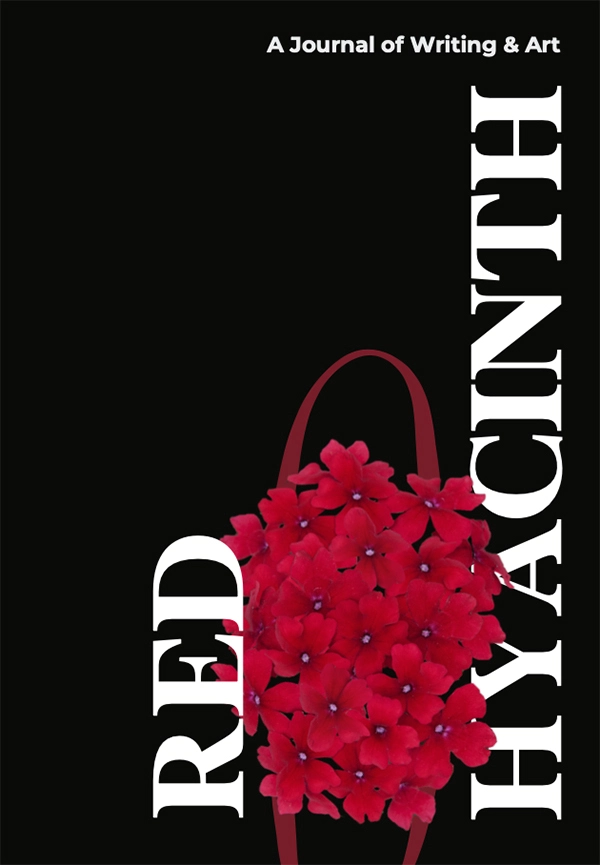“That’s all she remembers,” remarked a Mercy College psychology major who asked to be referred to as “Lucy,” in reference to her mother. “I wish she could forget.”
Recently, Kaing Guek Eav appealed his 35-year sentence for running a Khmer Rouge regime torture prison. His appeal would be heard by Cambodia’s war crimes court, but instead of time taken off of his sentence, it would become a lifelong stay for the man responsible for torturing many.
After seeing an article about Kaing Guek Eav’s sentencing, Lucy proclaimed “That’s the reason why I major in psychology. The trauma that Mom lived through. It has haunted us.”
However, the reason why Lucy rarely discusses her roots with others is because of the impact that these events have had on her and her family.
“Mom saw people beaten and shot daily! Everyone was homeless. If you were in prison, you were fed unknown meat and given dirty water,” recalled Lucy from stories her mother told her.
The Khmer Rouge torture prisons did the same thing to everyone who wasn’t affiliated with their regime. They would take anything and everything they could. They Khmer Rouge was the Communist Party of Kampuchea who ruled Cambodia from 1975 to 1979 behind the driving force of Pol Pot. Democratic Kampuchea was the renamed state as controlled by the government of the Khmer Rouge. The party massacred intellectuals, minorities and anyone they suspected of being traitors. It is estimated that a quarter of the eight million population was killed as a result of the regime.
One of their mottos was, “To keep you is no benefit. To destroy you is no loss.”
Kaing Guek Eav’s was the head of the government’s internal security branch. He was in charge of the Tuol Sleng (S-21) prison camp, where thousands were interrogated, tortuned and murdered.
“Everything you have – your shelter, food, money – even your identity, no longer existed,” explained Lucy.
Survival would drive her mother to escape, but to where? Multiple prison camps were set up throughout the country that made fleeing almost impossible.
Lucy’s mother would usually find the opportunity to escape during prisoner transport. Yet she was afraid and always hesitant, but knew to survive, she would have to try. There weren’t any vehicles to transport the prisoners. This led to the prisoners being led to the next village on foot, which created opportunity.
“There were times when Mom got away, and the only food she could find were unknown fruits and vegetables. She had nothing else to eat, and they ended up making her really sick.”
Her mother was transferred to many different camps. She would run until she was captured again. She would escape and the cycle would repeat itself.
“She kept running away until she eventually made it to a refugee camp outside the country.”
The refugee camp would serve as asylum from the evils of the torture prison, but the camp itself was below any standard of living that one would find acceptable.
Lucy’s mother had lived that life of torture from a youthful adolescent to an adult in her late twenties.
“In the refugee camp the people were given a half cup of rice and chicken for the day, and people had to share that with their family and friends,” explained Lucy.
Psychology would play an important role in Lucy’s life from early on. This eventually led to her choosing psychology as her major at Mercy College.
“I figured I already had experience in mental health,” she said proudly. “When I was growing up, I had to go with Mom to see her social workers, psychiatrists, and doctors. Mom still had scars from when they had sewn all of the prisoner’s hands together. I observed her while she was on different medications and I researched those drugs.”
Her mother’s traumatic experience led her to a meaningful desire to study psychology, but the trauma was just too much to overcome in order to build the mother-daughter relationship one would normally expect.
“There is not much of a relationship. I’m only here to advocate for her. Other than that, there’s no mother and daughter connection. I think all my sisters feel this way too. We moved on from Mom’s world of depression and we’re trying to create a better secondary family.”









